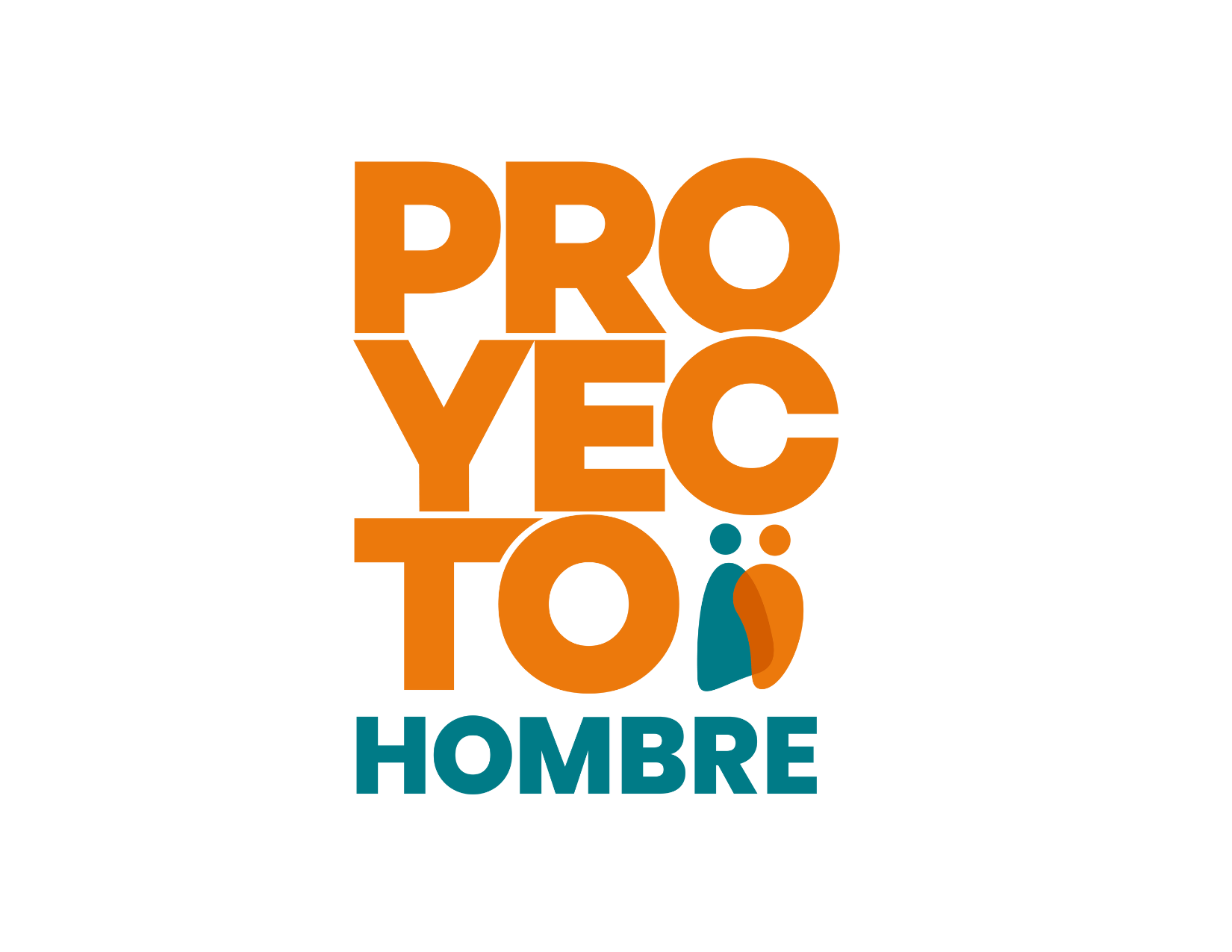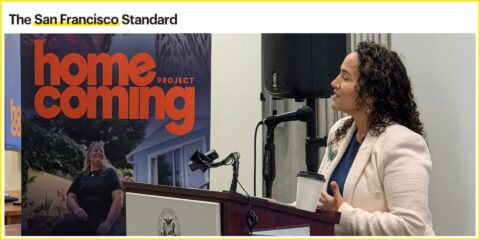“My organization, Impact Justice (IJ), is one of many working to shrink the numbers of people we incarcerate in the US, to mitigate the harms that prisons cause to those incarcerated, and to help people return to their communities. One of our initiatives has been to lead groups of advocates, allies, and philanthropic leaders to Norway and Finland to explore societies that do not rely on prisons for public safety, but provide justice systems models with small and less harmful, more humane footprints. The lessons we’ve taken from those trips are not new to us, but ones we rarely see put into action. Most important is the lesson that housing, education, health care, opportunity, and social equality are the foundations of public safety, and prisons do not have a meaningful impact on crime rates.
Understanding these lessons, and in the absence of anything like Finland and Norway’s commitment to public safety through social welfare, IJ has developed projects that address the problems we confront in creative ways within the framework of a society with massive and growing homelessness, under-resourced public education, prohibitively expensive health care, growing inequality, and where racism has driven our conceptions of crime and punitive responses for centuries. Our projects are non-governmental solutions to problems that U.S. fiscal and criminal policies have created. Among these projects are several that aim to empower people in prison in various ways. We work to protect people from sexual abuse in prison by employing fundamental public health principles in the approach to that protection. And we provide opportunities for people in prison to gain agency over critical aspects of their lives inside. Our work is aimed at both mitigating the harms that incarceration can cause, including the harm to people’s physical and mental health, and increasing people’s opportunities when they get out. IJ also runs a program that leverages the shared economy to provide not just housing, but a home upon release, and wrap-around community support during the period of return from prison.
The passage of the Prison Rape Elimination Act (PREA) in 2003 is an example of the way that massive over-incarceration in the U.S. has, ironically, put the country ahead of many others in addressing what is a far too common violence experienced by people in prison. Sexual abuse by staff and sexual abuse by incarcerated people against other incarcerated people is not unique to the U.S., but perhaps because of the enormous scope and reach of our penal system, there was mobilization around this issue that led to national legislation and an effort to regulate prisons, jails, juvenile facilities, and other confinement facilities through a set of standards promulgated by the U.S. Department of Justice (DOJ). IJ is responsible for running a national resource center with the sole purpose of assisting the DOJ in its efforts to implement and enforce those standards in facilities around the country. Although, as I say, politics in the U.S. make it very difficult to push policies that conceptualize public safety as anything other than an outcome achieved through punitive means, the work we do is grounded in long-held public health principles that bring us closer to a conception of safety grounded in all-around well-being. The regulation we work to implement is designed to ensure that facilities use education, training, and transparency to prevent and detect sexual abuse in confinement, and trauma-informed care to respond to it.
IJ runs two other prison-based projects. The Food in Prison project began as an effort to study the quality of food in U.S. prisons and the impact that prison food and the way it’s prepared has on people inside. The report that was published from that research sparked an interest in empowering people in prison in concrete ways to access healthier and better food, and to improve the practices around food preparation. Partnering with the state of Maine’s prison system, IJ launched the Chefs in Prison project, which ensures that every person in prison responsible for food preparation in Maine receives quality culinary training, and they are significantly improving the quality of food served to people in the participating prisons. The success of this partnership has allowed IJ to grow the work, and we are now working to get more nourishing food in the Washington, DC jail, and are working with partners in California to get locally grown fruits and vegetables into the California prisons.
IJ is also running a nascent vertical farming project, Growing Justice, that will bring indoor vertical farming to a prison in California. The program will train people in prison to grow environmentally sustainable greens in urban, indoor settings, providing fresh greens to the incarcerated population and preparing those trained in vertical farming to bring those skills back to their community and potentially pursue careers in what is a new field responsive to climate pressures.
Finally, the Homecoming Project is one of IJ’s most successful endeavors. Homecoming links people releasing from prison from lengthy sentences, people who would not otherwise have a home to return to, with individuals who have an extra room in their homes and are willing to rent them as a safe and supportive place to land. IJ uses project funds to pay rent to the hosts for six months so that people returning from prison have time to acclimate and find stability before they need to be responsible for rent themselves. Hosts not only open their homes, but provide support and anchoring in the community to people who have been without that support in the free world for a long time. This project has placed 100 people in homes in California since its inception, and to date, every participant has completed the six month program with stable housing of their own, and not a single participant has returned to prison. The model’s success as a reentry program has garnered interest in other locations around the country.
While these IJ projects make relatively small inroads into the very different world we would like to create, they are built on the foundations of what we know works from both research, experience, and based on what we see in other countries where investments in people are made that subvert the punitive impulses we rely on too heavily in the U.S. There is nothing about the U.S. prison system that should be held up as a model elsewhere, but the ingenuity and persistence that people here working to turn us away from prisons as the primary mechanism of public safety, to empower people inside to change the conditions of their incarceration, and to help people return to society are models of hope for a different and better approach. The projects I described are targeted at specific problems that people inside face, and people returning home face, but they are rooted in a broader understanding about the importance of honoring the humanity of people who are too often dehumanized by our carceral systems.”



